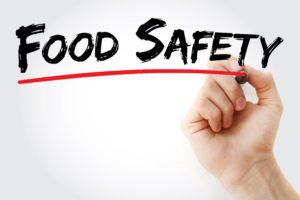 During our conversations with regulatory folks, a common theme has developed. Overwhelmingly, regulators have stressed the importance of a “culture of food safety”. This means that food safety isn’t relegated to only a few individuals in a plant. Instead, a culture of food safety is one where a business has inclusively brought in ALL stakeholders, from CEOs to part-time employees to learn, practice, and respect food safety standards. Instead of viewing food safety as only rules that have to be followed or marks to simply check off on a sheet, food safety becomes a mindset and unifying goal across the plant and across the company.
During our conversations with regulatory folks, a common theme has developed. Overwhelmingly, regulators have stressed the importance of a “culture of food safety”. This means that food safety isn’t relegated to only a few individuals in a plant. Instead, a culture of food safety is one where a business has inclusively brought in ALL stakeholders, from CEOs to part-time employees to learn, practice, and respect food safety standards. Instead of viewing food safety as only rules that have to be followed or marks to simply check off on a sheet, food safety becomes a mindset and unifying goal across the plant and across the company.
We’ve also noticed that the most effective method to create this culture is through education and practice. The more employees learn about food safety, its importance to their customers’ safety, its importance to the financial well-being of the company, etc. the more people pay attention and invest in food safety concerns.
With all that in mind, Nelson-Jameson aims to keep our customers informed through educational opportunities to help create that culture of food safety. Such opportunities/workshops pay off directly not only in the immediate experience of the students attending them, but also to the companies sending them when that knowledge is brought back, shared, and applied in the facility. Here are a few of the upcoming opportunities to learn more:
University of Wisconsin-River Falls will offer a “HAACP Workshop” that is open to “all food processors, suppliers, and regulators who wish to learn or review the basics of HACCP in a food facility” March 18-20th. The workshop will cover “ food safety hazards, prerequisites, validation of HACCP plans, implementing HACCP, and regulation” via hands-on experiences. To find out more, click here for information on the program, fees, etc.
On May 6th, the Center for Dairy Research will host a day-long “Food Safety Workshop (HACCP)” in Madison, WI. Also, open to a spectrum of attendees, the class is a hands-on “introduction to HACCP in a plant setting” where students will learn about topics from environmental monitoring to GMPs. Further information is available on the CDR website.
Keep an eye out for further food safety opportunities here on our blog. In the meantime, we are here as well to help provide you with the products and programs that can help you reach and maintain quality and food safety standards.

February 11, 2026
There is a critical link between worker safety and food safety, and nowhere is this more apparent than w...
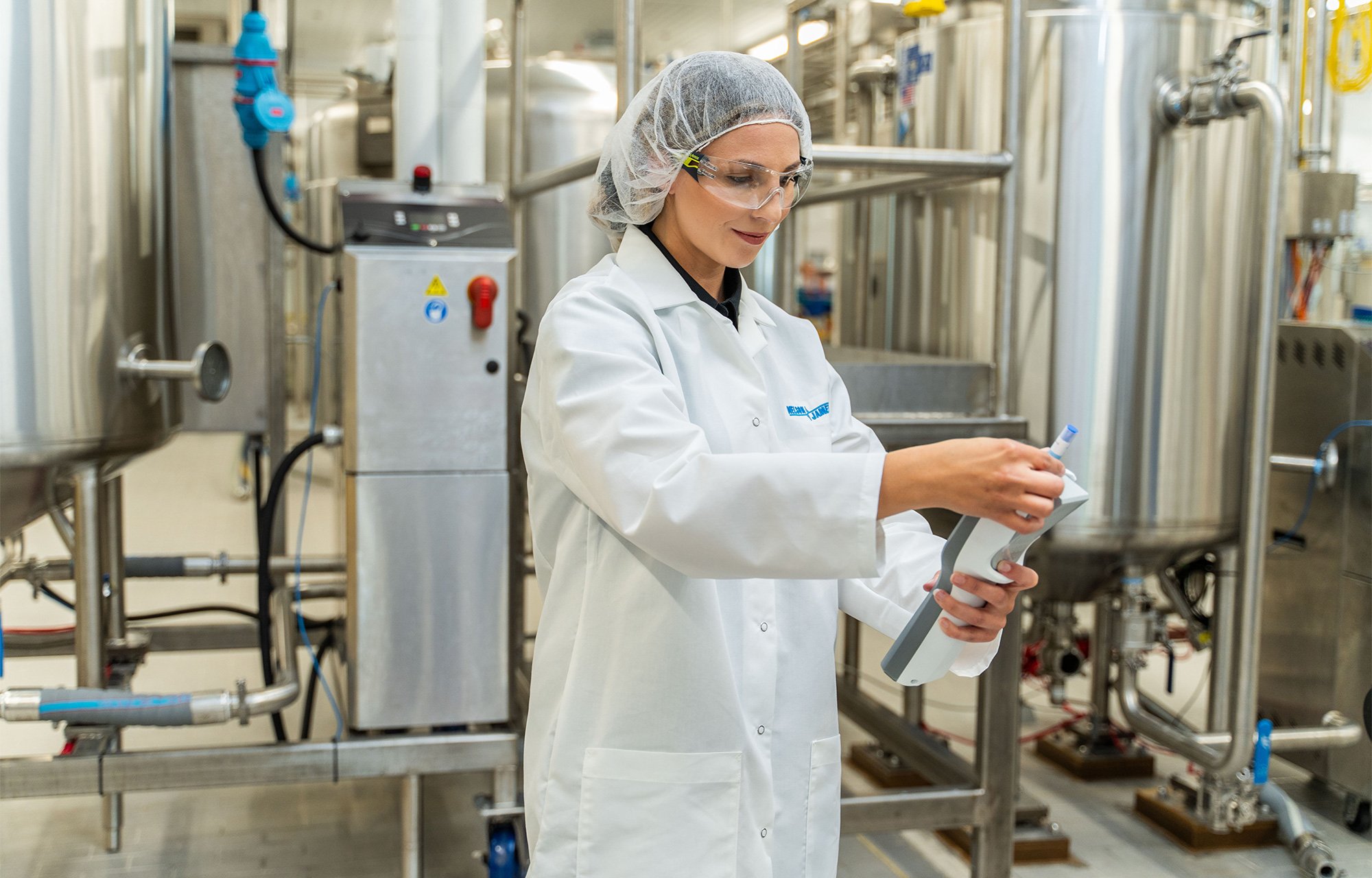
February 3, 2026
Ensuring the safety and quality of dairy products requires a robust framework combining rigorous testing...
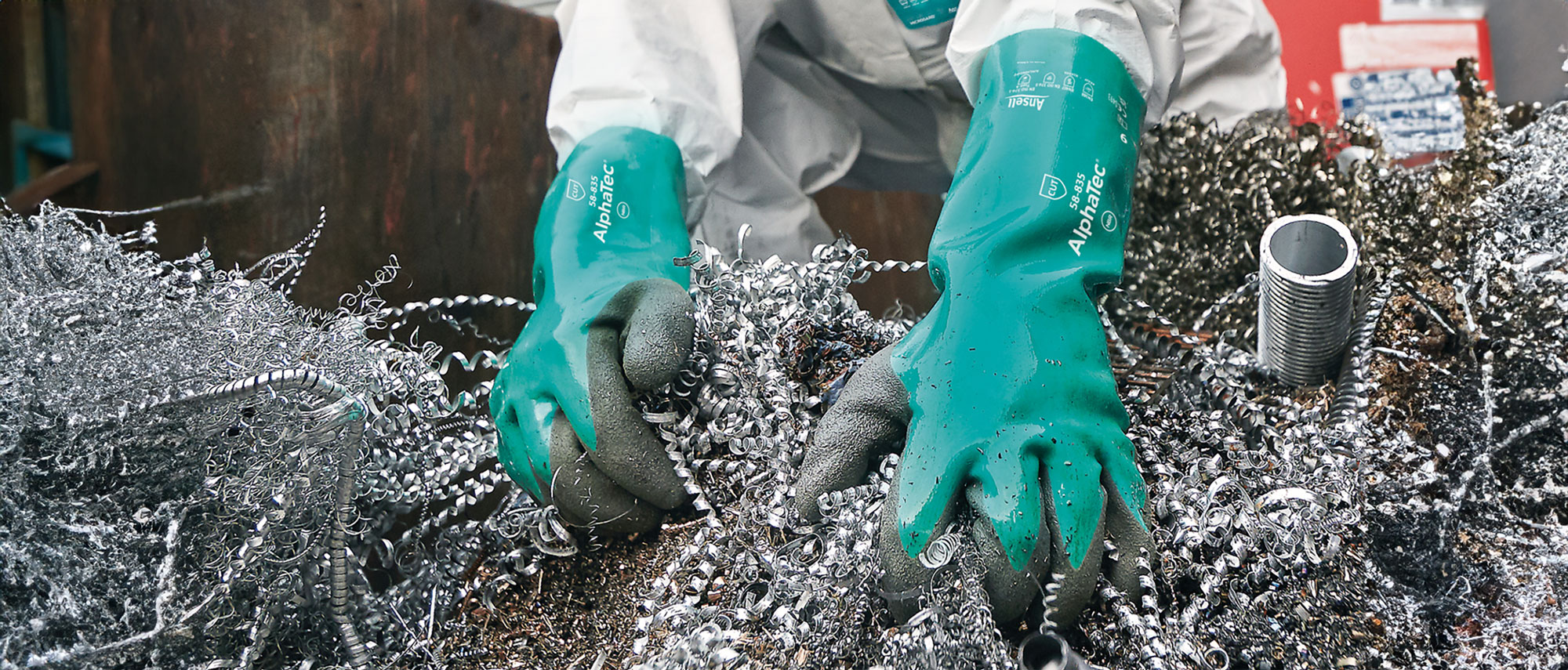
January 12, 2026
Gloves can force a choice between comfort and protection. But compliance, efficiency in usage, and worke...

Recognize and address possible hygiene and sanitation challenges based on the cleaning and material handling equipment available in your facility.
Through a discovery call, virtual, or on-site assessment, Vikan SQF Practitioner certified specialists will assist in confirming that your system and cleaning tool inventory aligns with your risk management objectives while pinpointing any missing tools and enhancing maintenance and usage practices. Evaluate whether your existing tools are utilized in the most effective manner, or determine if a more suitable tool exists for the task at hand. Ensure that your tools comply with all relevant standards and regulatory requirements. Site evaluations encompass a summary survey, an overview of the location, a color-coded factory layout plan, product suggestions, a recommended order form, and a proposal for a follow-up survey.
Food Safety, Sanitation, Cleaning Tools, Color Coding
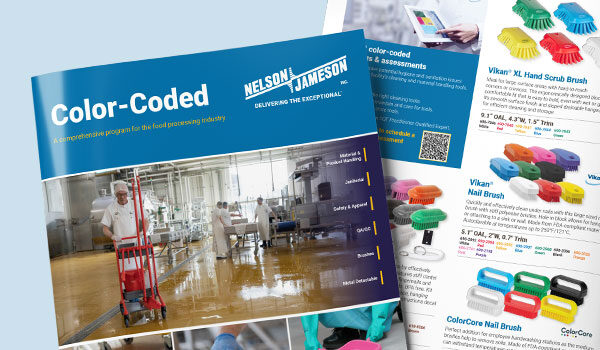
This is a comprehensive program for the food processing industry. Nelson-Jameson brings together the most extensive collection of color-coded products for material handling, product handling, janitorial, safety, apparel, QA/QC, and metal-detectable applications. With the right pieces, a color-coding system is a powerful tool in preventing cross-contamination of allergens and food-borne illnesses that can lead to sickness or expensive product recalls.

Food Safety, Sanitation, Cleaning Tools, Color Coding
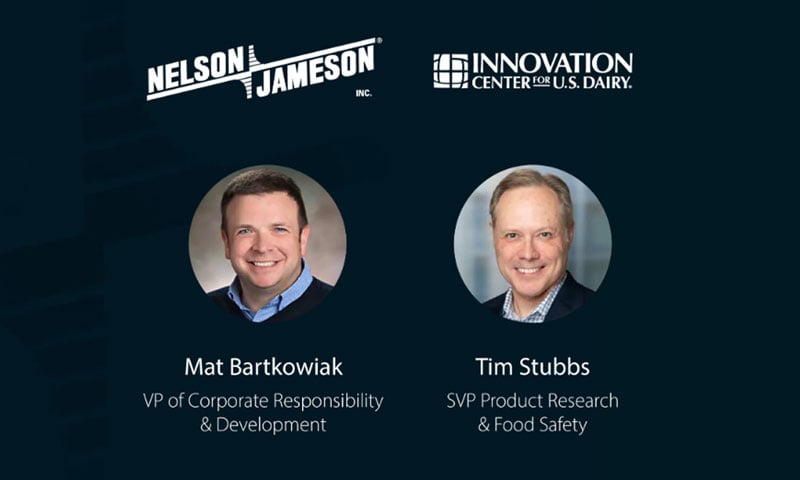
Food Safety
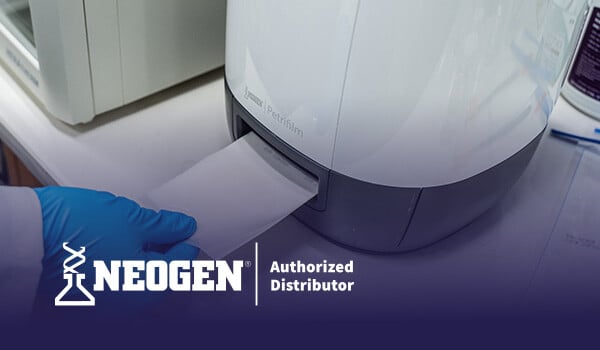
Get Petrifilm Certified through our complimentary immersive workshop for managers, personnel, and teams. The workshop offers practical knowledge through hands-on training and networking with industry professionals and experts. Attendees gain an in-depth understanding of Petrifilm technology and valuable insights into effective environmental monitoring practices. Participants leave with a certification and a wealth of resources that can significantly contribute to elevating their plant's quality control standards.
Food Safety, Sanitation, Laboratory